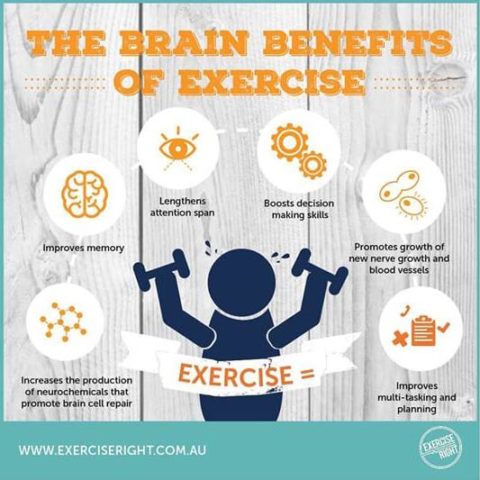Fitness and Cognitive Function: How Exercise Boosts Your Brain
Regular exercise has long been associated with countless physical health benefits, including weight management, improved cardiovascular health, and strengthened muscles and bones. However, the positive effects of exercise are not limited to the body alone. Studies have shown that physical activity also has a profound impact on cognitive function, enhancing memory, focus, and overall mental well-being. In this article, we will explore how exercise boosts your brain and contributes to better cognitive abilities.
The Connection Between Fitness and Cognitive Function
Exercise has a direct link to cognitive function due to its impact on the brain’s structure and function. When we engage in physical activity, blood circulation to the brain increases, delivering essential nutrients and oxygen. This improved blood flow stimulates the release of various growth factors, such as brain-derived neurotrophic factor (BDNF), which plays a crucial role in promoting the growth and development of neurons.
Regular exercise also supports the formation of new connections between brain cells, known as synapses. By increasing the connectivity between neurons, exercise enhances communication within the brain, leading to improved cognitive abilities. Additionally, physical activity increases the production of neurotransmitters like dopamine and endorphins, which are known to regulate mood and reduce feelings of anxiety and stress, further benefiting cognitive function.
Improved Memory and Learning
One of the most notable cognitive benefits of exercise is its impact on memory and learning. Research suggests that physical activity can enhance both short-term and long-term memory. Exercise increases the production of new neurons in the hippocampus, a brain region vital for memory formation and retrieval. It also improves the hippocampus’s overall volume, enhancing its ability to store and recall information.
Moreover, aerobic exercise has been shown to boost the size of the prefrontal cortex, a brain area responsible for executive functions such as problem-solving, decision-making, and focused attention. This enlargement results in improved cognitive abilities, leading to better memory retention and learning capabilities.
Enhanced Focus and Attention
Regular exercise has a significant impact on attention and focus. Engaging in aerobic activities, such as running or swimming, increases the production of a protein called cathepsin B, which plays a role in the growth of new neurons in the prefrontal cortex. This growth enhances executive functions and allows for better concentration and sustained attention.
Exercise also reduces mental fatigue and enhances alertness, making it easier to stay focused on tasks for longer periods. It increases the levels of norepinephrine, a neurotransmitter that improves attention and focus, while simultaneously reducing the levels of stress hormones that can impair cognitive function.
Mood Regulation and Mental Well-being
Physical activity has a profound impact on mood regulation and mental well-being. Exercise stimulates the release of endorphins, often referred to as “feel-good” hormones, which promote feelings of happiness and euphoria. This natural mood enhancement can help alleviate symptoms of depression and anxiety, both of which can negatively affect cognitive function.
Furthermore, regular exercise has been found to reduce inflammation in the brain, prevent the loss of brain tissue, and protect against age-related cognitive decline. It also promotes better sleep quality, which is crucial for optimal cognitive function and overall mental health.
Conclusion
In conclusion, exercise offers numerous benefits beyond physical fitness, positively impacting cognitive function and overall brain health. Whether it is improving memory and learning, enhancing focus and attention, or regulating mood and mental well-being, physical activity plays a vital role in boosting your brain’s capabilities. Incorporating regular exercise into your routine can be an effective way to improve cognitive function, leading to a healthier, sharper, and more productive mind.


